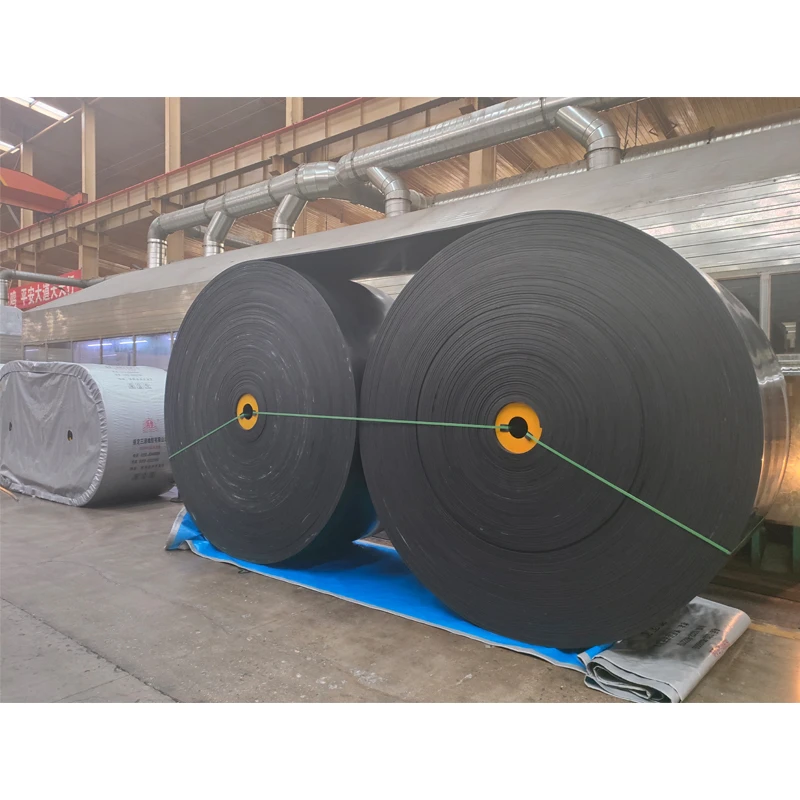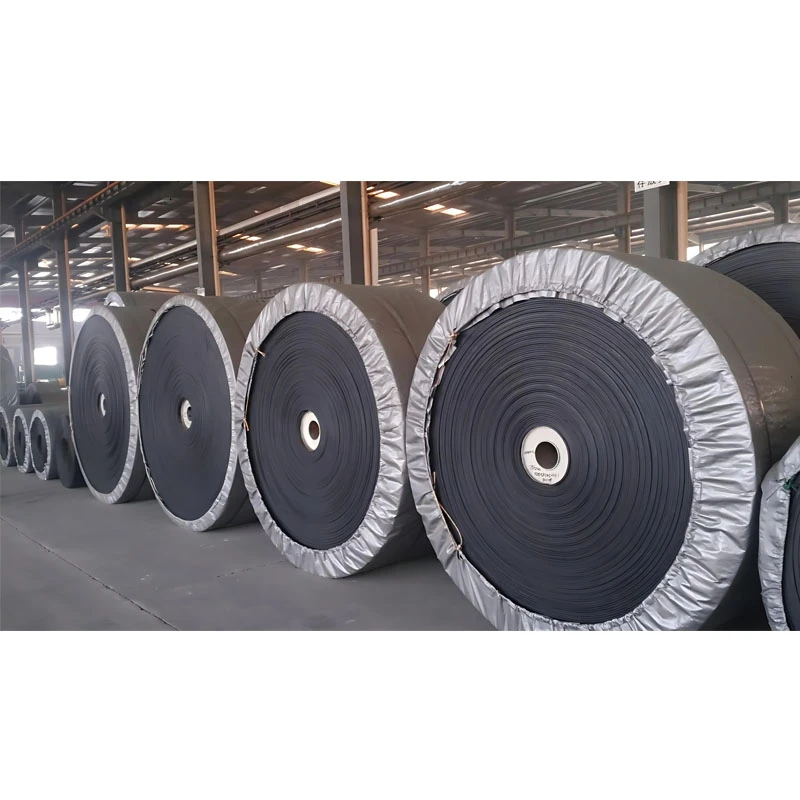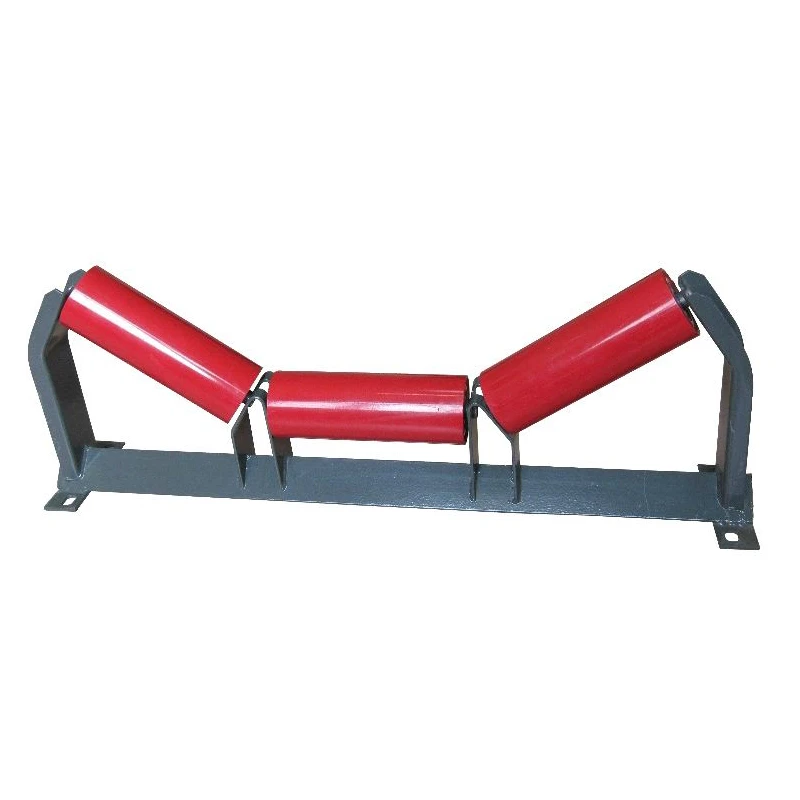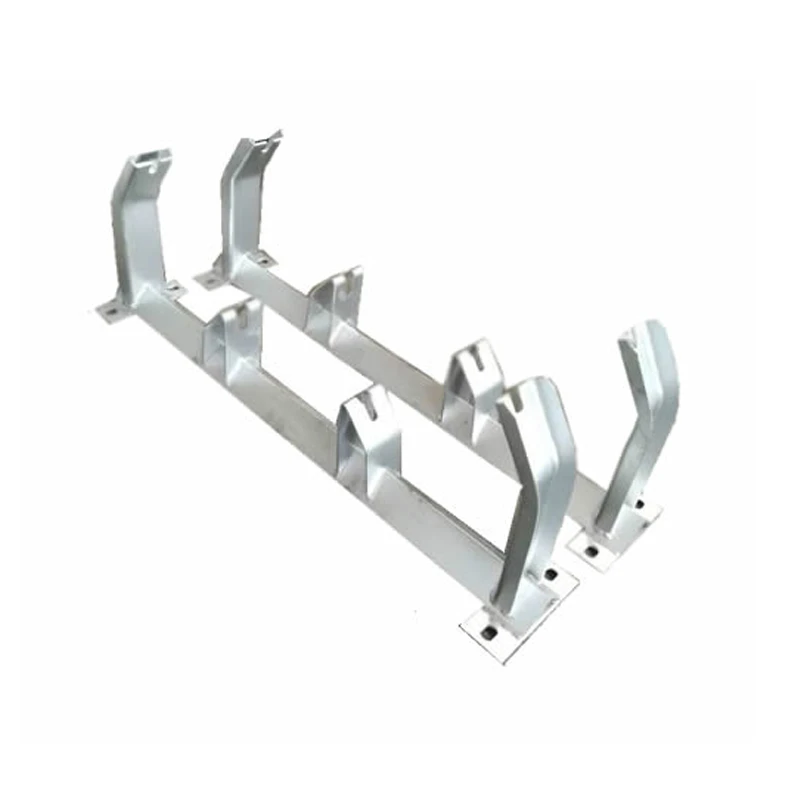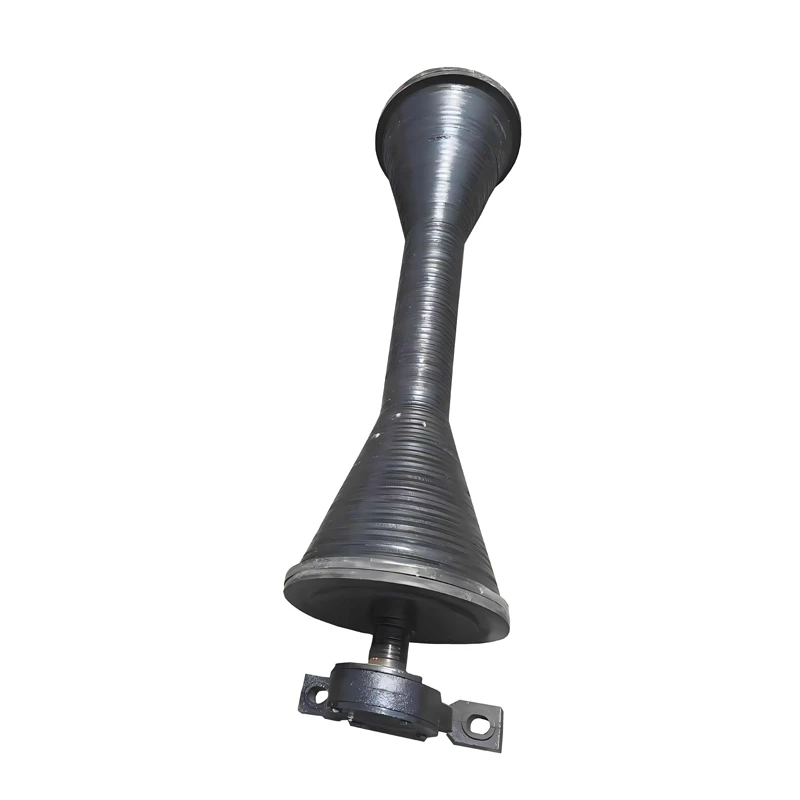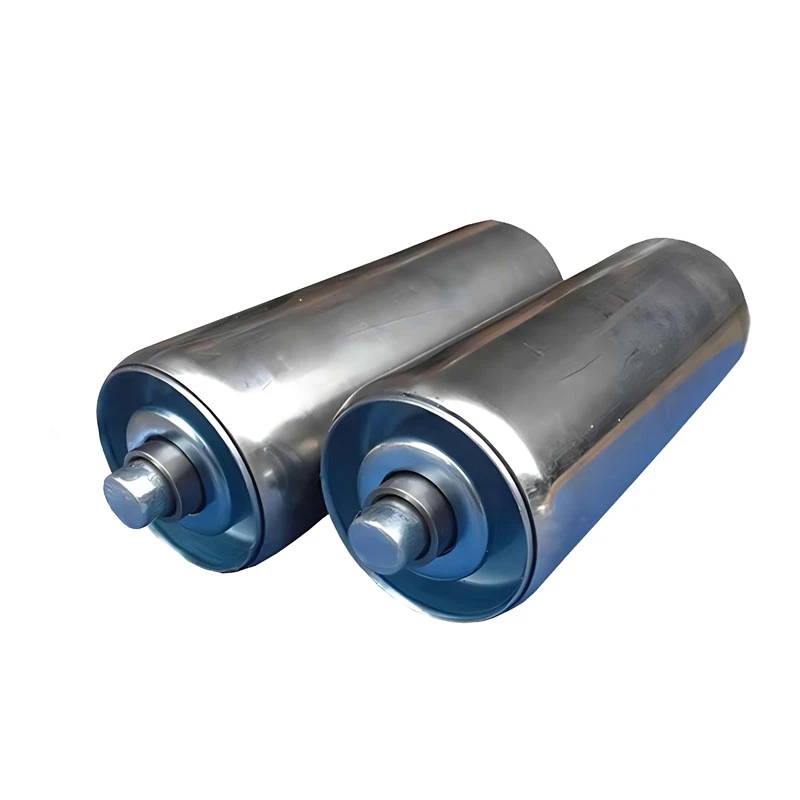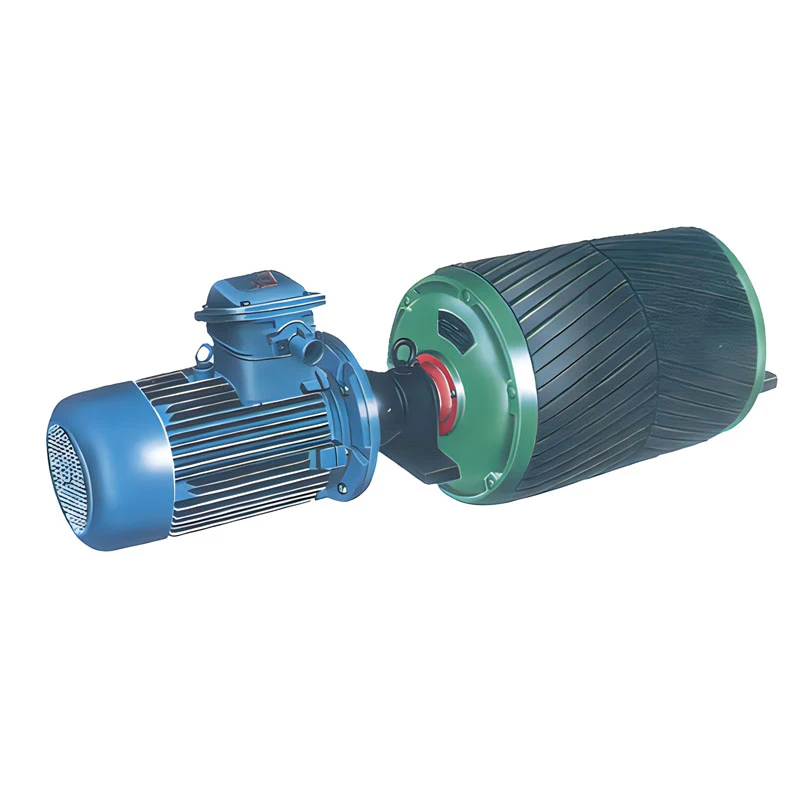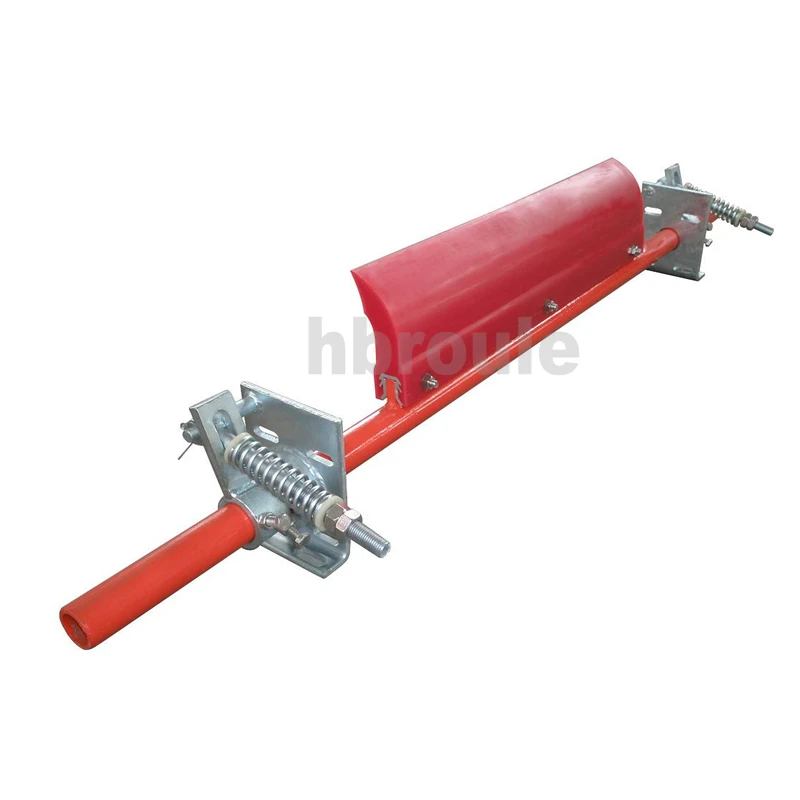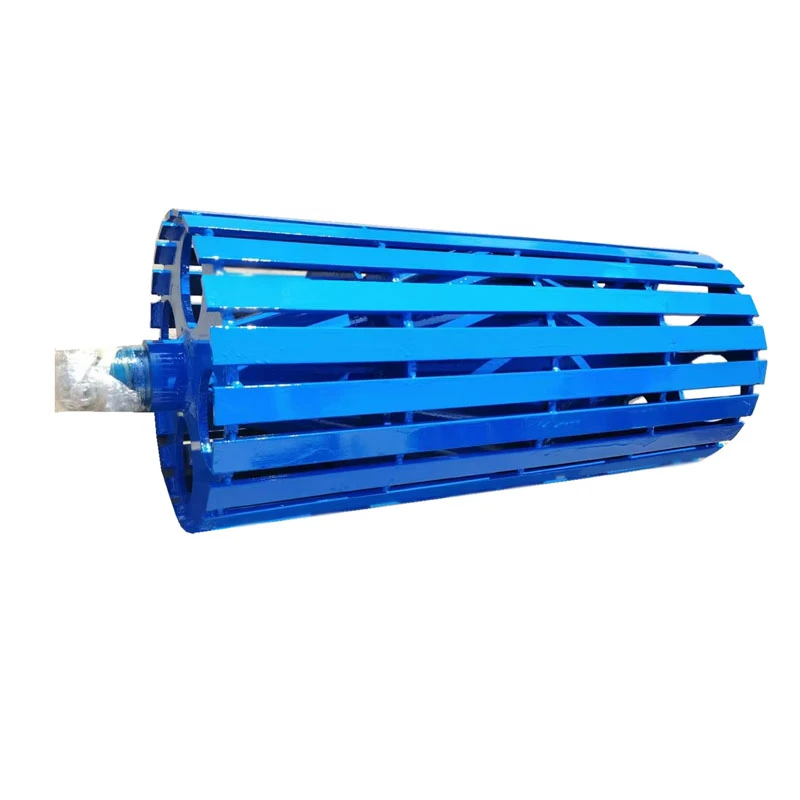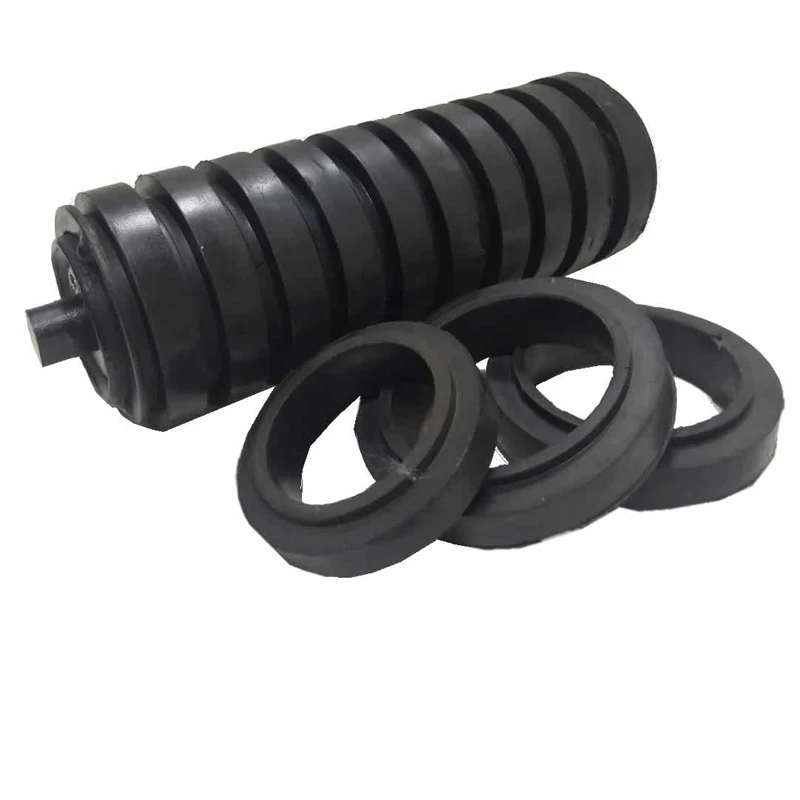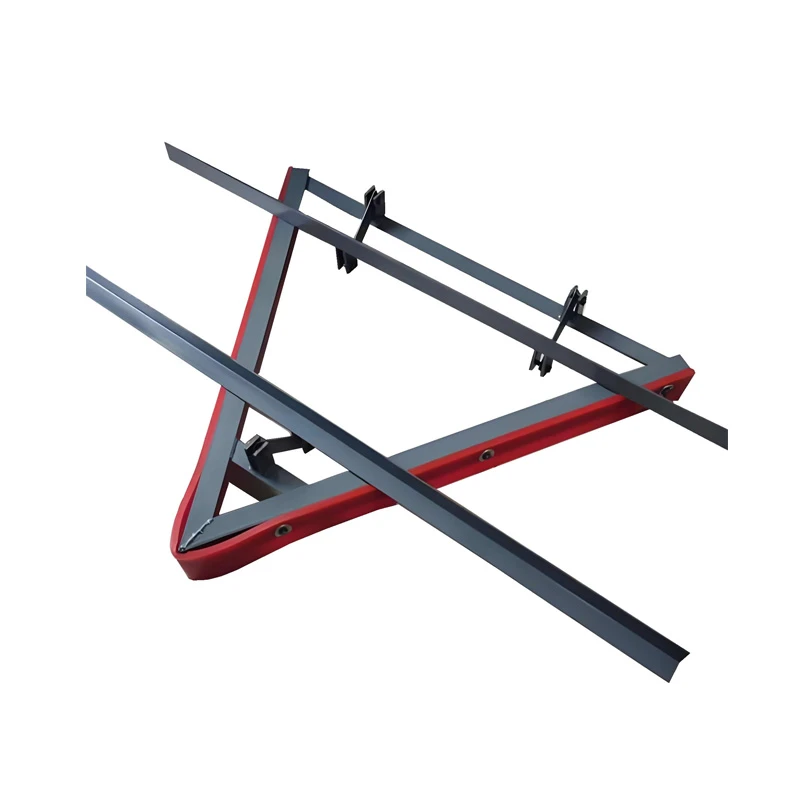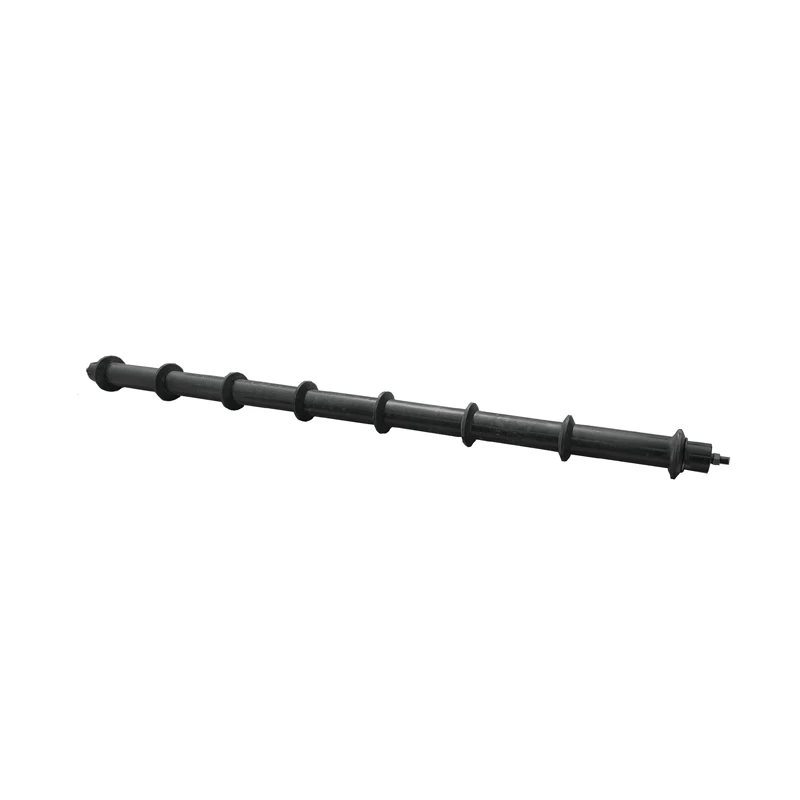- Introduction to Conveyor Belt Materials and Supplier Landscape
- Technical Advantages of Industrial-Grade Nylon Belts
- Comparative Analysis: Nylon vs PVC vs Cold-Resistant Solutions
- Key Evaluation Criteria for Premium Conveyor Belt Suppliers
- Custom Engineering Capabilities of Leading Manufacturers
- Industry Application Case Studies
- Strategic Partnership Considerations
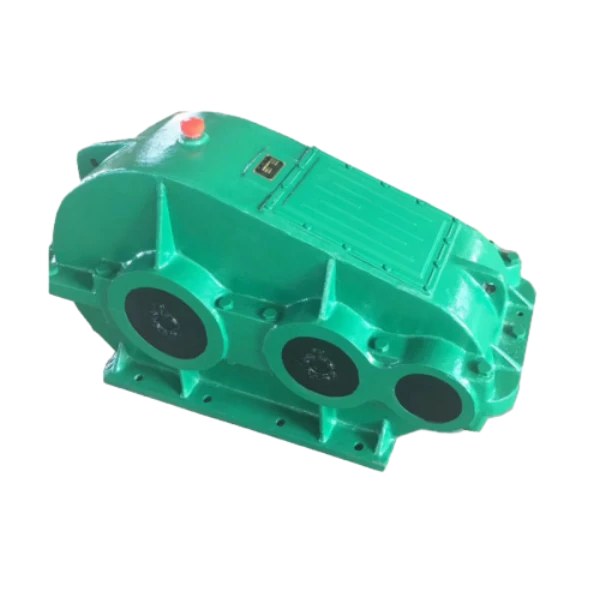
(nylon conveyor belt suppliers)
Fundamentals of Nylon Conveyor Belt Suppliers in Modern Industry
The conveyor belt market has grown 7.2% annually since 2020, with nylon belts commanding 38% of the polymer segment. Industrial nylon conveyor belt suppliers
provide critical solutions for manufacturing, mining, and logistics operations globally. These specialized manufacturers engineer belts capable of transporting materials under extreme conditions - from food processing temperatures to mining operations moving 5,000 tons/hour. Material science innovations now allow premium suppliers to customize belts to specific friction coefficients (μ=0.25-0.45), elongation properties (≤1.5%), and tensile strengths exceeding 600N/mm.
Performance Characteristics of Nylon Conveyor Systems
Nylon's molecular structure delivers exceptional dynamic performance in conveyor applications. The polyamide fibers exhibit 40% greater impact resistance than polyester and withstand operational temperatures from -30°C to 105°C. Advanced weaving techniques reduce elongation to just 1.2-1.8% under full load capacity, maintaining belt integrity during start-stop cycles. Third-party testing confirms nylon belts maintain 85% of initial tensile strength after 20,000 hours in quarry applications. Additional technical advantages include:
- Moisture absorption below 4% prevents dimensional instability
- Inherent resistance to oils and biological degradation
- Energy savings of 12-18% compared to rubber belts due to reduced rolling resistance
- Surface treatments achieving FDA and EU 10/2011 compliance for food applications
Material Comparison: Capabilities and Limitations
| Material Property | Nylon | PVC | Cold-Resistant |
|---|---|---|---|
| Tensile Strength (N/mm) | 250-630 | 150-400 | 200-480 |
| Min. Operating Temp (°C) | -30 | -10 | -55 |
| Max. Operating Temp (°C) | 105 | 70 | 65 |
| Elongation at Break (%) | 15-30 | 10-25 | 20-35 |
| Abrasion Resistance (mm³) | 80 | 120 | 100 |
| Typical Lifespan (years) | 5-8 | 3-5 | 4-7 |
Evaluating Supplier Capabilities
Premium nylon conveyor belt suppliers distinguish themselves through vertical manufacturing integration and quality certifications. Leading operations maintain ISO 9001, ISO 14001, and MSHA compliance while operating fully equipped R&D centers. Essential supplier evaluation criteria include:
- Production Capabilities: Minimum annual capacity of 2 million sqm with automated calendaring lines
- Testing Facilities: In-house laboratories for DIN 22102, ISO 283, and ASTM D378 testing protocols
- Global Logistics: Regional distribution centers maintaining 500,000+ sqm inventory
- Technical Support: Certified engineers providing belt analysis and failure diagnostics
Custom Engineering Solutions
Top-tier suppliers offer extensive customization for specialized applications. For airport baggage handling, one supplier engineered nylon belts with RFID tags woven directly into the carcass. Mining operations benefit from steel-reinforced nylon belts with flame-retardant compounds meeting SABS 1173 standards. Recent innovations include:
- 3D-printed splice systems reducing installation time by 40%
- Nanofiber coatings decreasing maintenance frequency by 35%
- Conductive variants with surface resistance below 10⁵ Ω for explosive environments
- Modular belt systems enabling replacement of individual sections
Industry Application Results
A Canadian mining operator increased throughput by 22% after switching to custom nylon belts from specialized suppliers. The solution featured:
- Rip detection sensors integrated every 50 meters
- 4-ply construction with NBR coating
- Steel cord reinforcement for 35° incline operation
Food processing facilities report 18-month maintenance intervals with FDA-compliant nylon belts featuring antimicrobial additives. Similar performance gains are seen in distribution centers where custom cleated nylon belts increased sorting efficiency by 30% while reducing energy consumption by 15%.
Selecting Strategic Nylon Conveyor Belt Suppliers
Developing long-term partnerships with reliable nylon conveyor belt suppliers reduces total ownership costs by 17-24%. Industry leaders provide predictive maintenance programs and inventory management systems that decrease downtime by 35%. When evaluating suppliers, prioritize those with:
- Documented quality management systems exceeding ISO standards
- Regional service centers within 500km of operations
- Transparent pricing models with volume discounts
- Wear analysis reporting and belt life optimization programs
Major manufacturers now implement digital solutions including RFID tracking that monitors belt condition in real-time. This technology integration represents the industry shift from commodity supply to operational partnership models. Select suppliers that provide comprehensive technical documentation including safety factors calculations, transition distance specifications, and engineering drawings for your specific installation configuration.
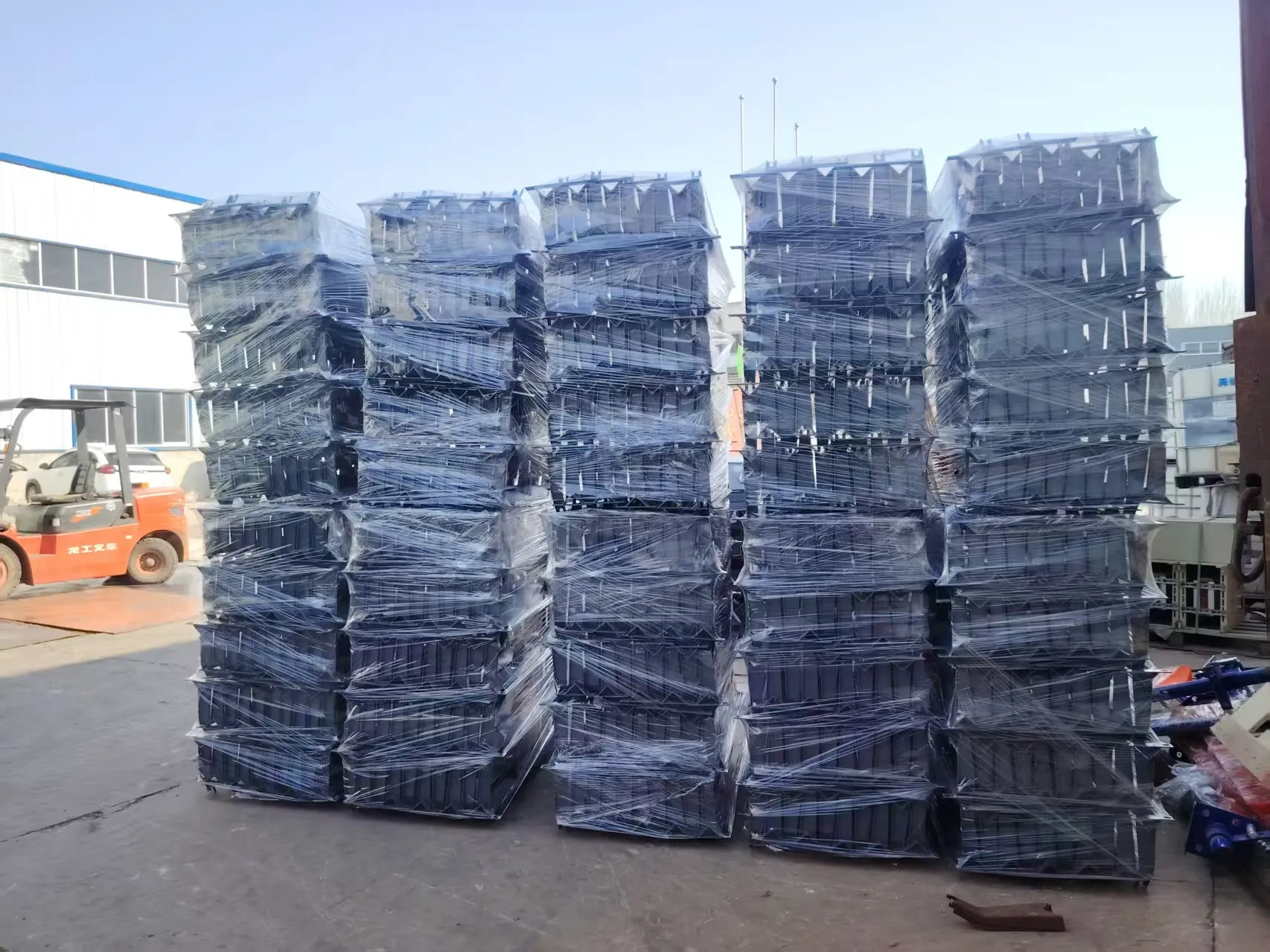
(nylon conveyor belt suppliers)
FAQS on nylon conveyor belt suppliers
Q: What does a nylon conveyor belt supplier offer?
A: They specialize in high-strength conveyor belts made from durable nylon material. These are ideal for heavy-load industries like mining or packaging.
Q: Why choose PVC conveyor belt suppliers?
A: Suppliers provide versatile PVC belts that are cost-effective and resistant to moisture or chemicals. They excel in food processing, warehousing, or pharmaceutical applications.
Q: What defines cold resistant conveyor belt suppliers?
A: These suppliers offer belts engineered to withstand freezing temperatures without cracking. Products are perfect for cold storage, frozen food logistics, or winter operations.
Q: How do suppliers differ for nylon vs PVC conveyor belts?
A: Nylon suppliers focus on abrasion resistance and tensile strength, while PVC suppliers prioritize flexibility and hygiene compliance. Both cater to distinct industrial needs.
Q: Where to find reliable suppliers for all three conveyor belt types?
A: Reputable suppliers typically offer nylon, PVC, and cold resistant belts through global distributors or online platforms. Compare certifications like ISO for quality assurance.

